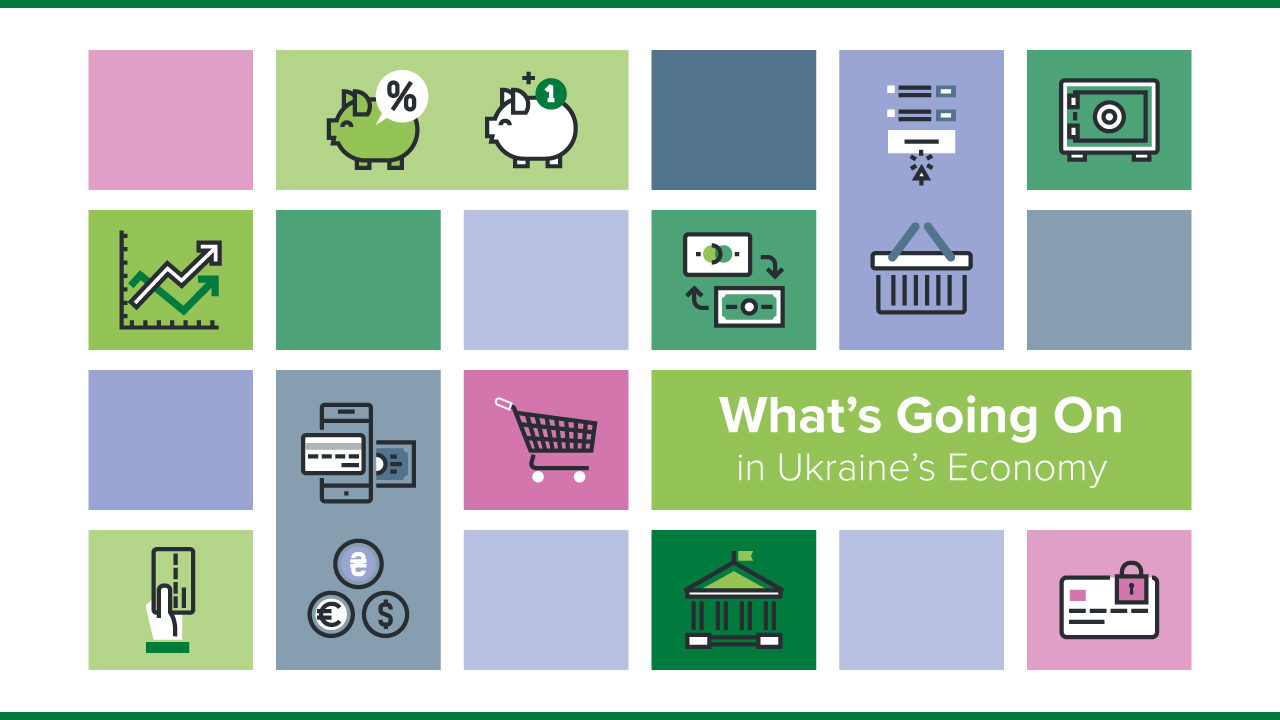
Navigating Inflation Expectations: Insights for America
Inflation expectations play a pivotal role in shaping economic dynamics, influencing consumer behavior, and guiding policy decisions. In the context of America, understanding and navigating inflation expectations are critical for economic stakeholders. This article provides insights into the factors influencing inflation expectations and their implications for the American economy.
The Basics of Inflation Expectations
Inflation expectations represent the anticipated future changes in the general price level of goods and services. Consumers, businesses, and policymakers form these expectations based on various economic indicators, past experiences, and the overall economic environment. Accurate predictions are essential for making informed financial decisions and crafting effective economic policies.
Economic Indicators and Their Impact
A multitude of economic indicators contributes to shaping inflation expectations. Key factors include consumer price indices (CPI), producer price indices (PPI), employment data, and monetary policy decisions. These indicators provide insights into the current state of the economy and can influence expectations about future inflation trends.
Monetary Policy Influence on Expectations
The actions and communications of central banks, particularly the Federal Reserve in the United States, have a significant impact on inflation expectations. Statements about interest rates, inflation targets, and overall economic outlooks influence how businesses and consumers anticipate inflationary pressures. Clear and transparent communication from central banks is crucial for anchoring expectations.
Global Factors and Inflation Expectations
In an interconnected world, global economic factors also play a role in shaping inflation expectations. Changes in commodity prices, global trade dynamics, and geopolitical events can have ripple effects on inflation expectations in America. A comprehensive understanding of these global factors is essential for accurate predictions.
Consumer Sentiment and Spending Behavior
Inflation expectations directly affect consumer sentiment and spending behavior. If individuals anticipate higher future prices, they may adjust their spending patterns, leading to changes in overall demand. Businesses, in turn, respond to shifts in consumer behavior, influencing production levels and employment.
Business Investment and Hiring Decisions
For businesses, inflation expectations impact investment and hiring decisions. Uncertainty about future inflation can create a cautious business environment, affecting capital expenditure plans and hiring strategies. Clear and stable expectations provide a more conducive environment for economic growth.
Implications for Financial Markets
Inflation expectations have profound implications for financial markets. Bond yields, stock prices, and currency values are sensitive to changes in expectations. Investors closely monitor inflation indicators to make informed decisions about asset allocation and risk management.
Adapting to Changing Expectations
Given the dynamic nature of the economy, adapting to changing inflation expectations is crucial. Businesses and policymakers must remain agile in responding to new information and adjusting strategies accordingly. Flexibility in monetary and fiscal policies is essential to navigate unforeseen shifts in inflation expectations.
Communication Strategies for Central Banks
Central banks play a vital role in managing inflation expectations. Clear and effective communication strategies are paramount. Central banks must strike a balance between transparency and avoiding unnecessary market volatility. Open communication fosters confidence and stability in financial markets.
The Road Ahead for Inflation Expectations in America
As America navigates economic recovery and transitions, keeping a keen eye on inflation expectations is vital. Understanding the intricate web of factors that influence expectations allows policymakers, businesses, and consumers to make informed decisions. Visit Inflation Expectations America for more in-depth insights into the current landscape and future trends.
In conclusion, managing and navigating inflation expectations is an ongoing challenge and opportunity for the American economy. A nuanced understanding of the factors at play, proactive policy responses, and clear communication strategies are crucial for fostering stability and sustainable economic growth.



